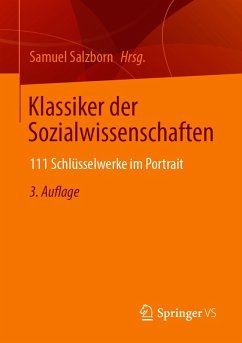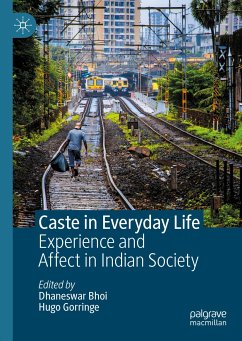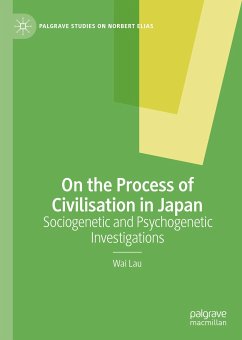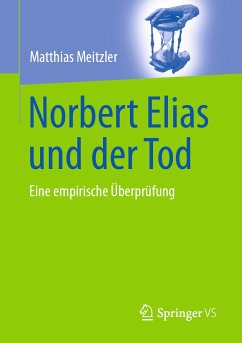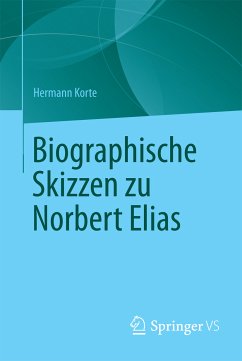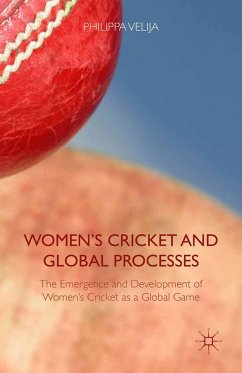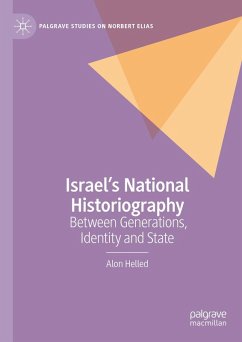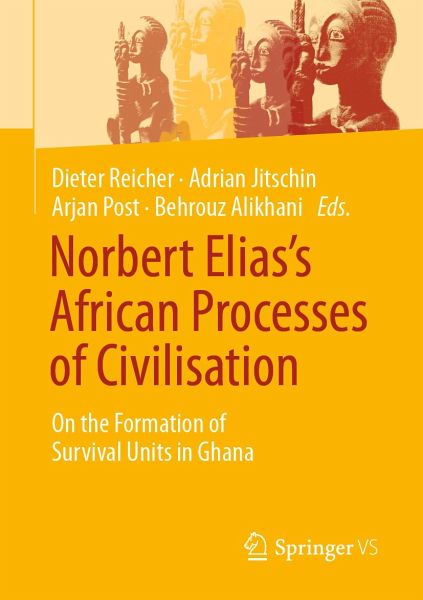
Norbert Elias's African Processes of Civilisation (eBook, PDF)
On the Formation of Survival Units in Ghana
Redaktion: Reicher, Dieter; Alikhani, Behrouz; Post, Arjan; Jitschin, Adrian
Versandkostenfrei!
Sofort per Download lieferbar
Statt: 74,89 €**
56,95 €
inkl. MwSt.
**Preis der gedruckten Ausgabe (Broschiertes Buch)
Alle Infos zum eBook verschenkenWeitere Ausgaben:

PAYBACK Punkte
28 °P sammeln!
In 1962 Norbert Elias was invited as a temporary professor at the University of Ghana in Legon, Accra. He taught, employed fieldwork, travelled, and met many people in postcolonial Africa. When Elias left Ghana in 1964, he had laid the basic groundwork for a fundamental sociological argument on human societies.The volume on hand is a selection of his unpublished writings based on these experiences. Together they touch upon not only the well-known criticism of Eurocentrism and a developmental perspective but also what could be considered the core of Elias's work: the concept of civilisation. In...
In 1962 Norbert Elias was invited as a temporary professor at the University of Ghana in Legon, Accra. He taught, employed fieldwork, travelled, and met many people in postcolonial Africa. When Elias left Ghana in 1964, he had laid the basic groundwork for a fundamental sociological argument on human societies.
The volume on hand is a selection of his unpublished writings based on these experiences. Together they touch upon not only the well-known criticism of Eurocentrism and a developmental perspective but also what could be considered the core of Elias's work: the concept of civilisation. In a foreword, Dieter Reicher and Adrian Jitschin have endeavoured to explain and break down the relations of Elias's African experience to the rest of his work and biography. They also clarified some misleading interpretations of Elias's time in Africa. Finally, Arjan Post has uncovered the previously unknown fascinating story of Elias' encounter with Malcolm X in an epilogue.
The volume on hand is a selection of his unpublished writings based on these experiences. Together they touch upon not only the well-known criticism of Eurocentrism and a developmental perspective but also what could be considered the core of Elias's work: the concept of civilisation. In a foreword, Dieter Reicher and Adrian Jitschin have endeavoured to explain and break down the relations of Elias's African experience to the rest of his work and biography. They also clarified some misleading interpretations of Elias's time in Africa. Finally, Arjan Post has uncovered the previously unknown fascinating story of Elias' encounter with Malcolm X in an epilogue.
Dieser Download kann aus rechtlichen Gründen nur mit Rechnungsadresse in A, B, BG, CY, CZ, D, DK, EW, E, FIN, F, GR, HR, H, IRL, I, LT, L, LR, M, NL, PL, P, R, S, SLO, SK ausgeliefert werden.




